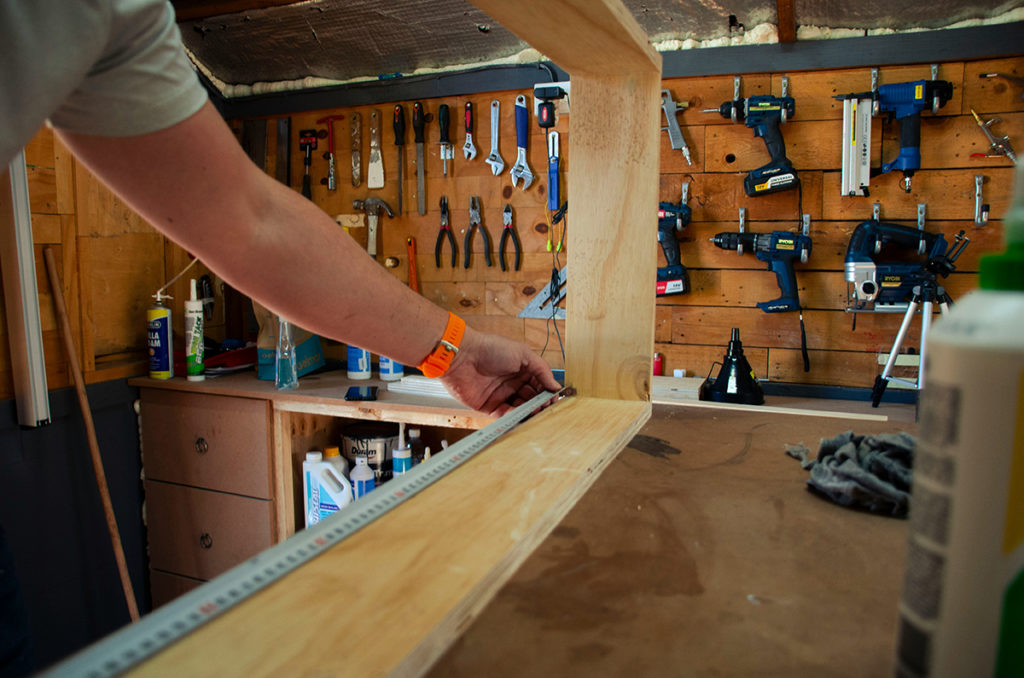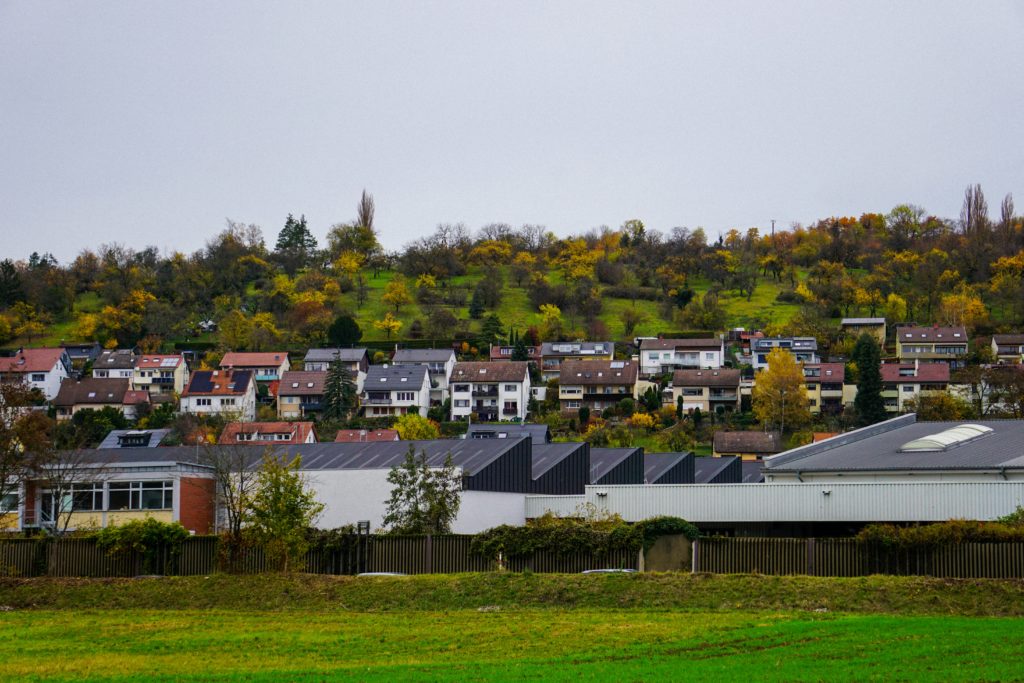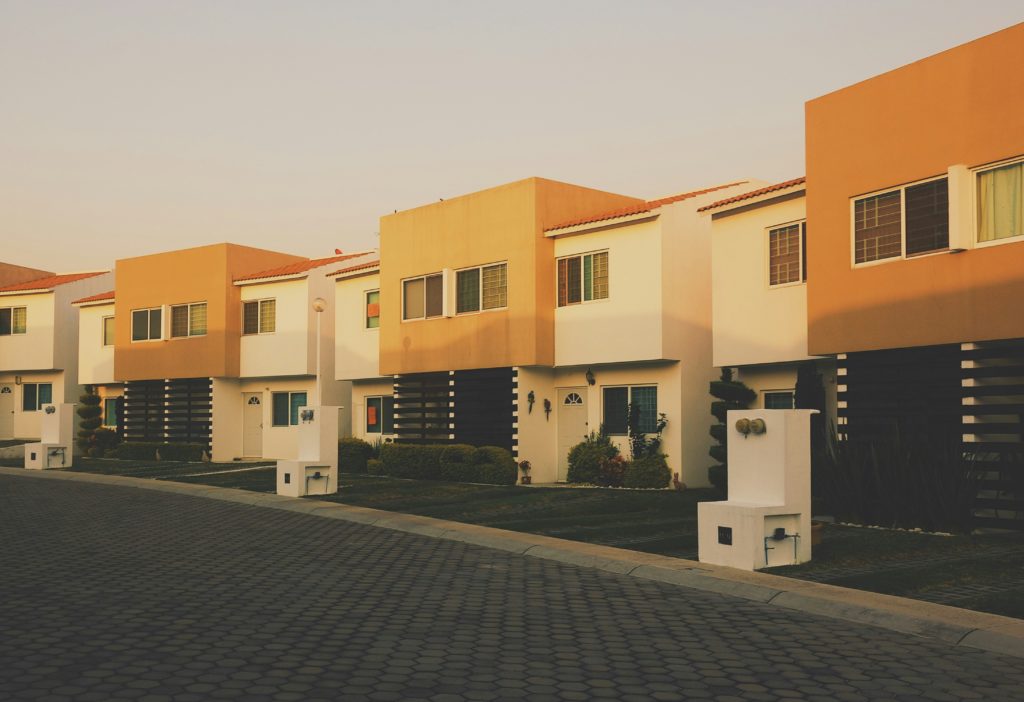House prices rise in the North
Average private rents rose by more than 10 per cent over the last year in the capital compared with a UK average rise of 8.7 per cent, according to HM Land Registry data.
The London borough of Kensington & Chelsea was the most expensive place to rent at £3,397 per month compared with Dumfries and Galloway in Scotland at £480.
The National Federation of Builders policy and market insight head Rico Wojtulewicz said: “We have a lack of supply of housing. People still need to buy somewhere. Rent rises really nails home the cost of not having supply.”
Hargreaves Lansdown personal finance head Sarah Coles said that measures for renters in the election manifestos had focussed on improving rights and conditions rather than affordability.
“Ironically, those measures could well end up pushing up rents, as more landlords may be persuaded to sell up, and those who stay could face higher costs, and pass them onto tenants.”
She said this would increase the desire to buy a home at a time when house prices in most areas look set to rise.
House prices across the UK rose by an average of 1.1 per cent over the 12 months to May 2024 to £281,373. However, the average cost of a new build property in February 2024 was £393,888 representing a year-on-year rise of more than 15 per cent.
This has brought house prices close to levels before the Kwasi Kwarteng mini-budget during Liz Truss’ brief premiership in September 2022.
House prices rise in the North
“House prices have dropped in expensive areas such as London, Brighton and Hove but in more affordable areas they’ve risen. For example, house prices in the North are higher than they were a year ago,” said Mr Wojtulewicz.
For example, the average price in London has decreased by three per cent from £517,373 in May 2023 to £501,880 in April 2024. However, the Northwest has experienced a rise of nearly four percent bringing the average cost of a home to £216,714 in April 2024.
The number of new home registrations for the first quarter of 2024 showed a year-on-year drop of 20 per cent to 21,967 with new home completions down 13 per cent to 26,240. The National House Building Council, NHBC, who produced the figures, attributed this to higher mortgage rates, a skills shortage and the wettest winter on record.
NHBC chief executive Steve Wood said a cumbersome planning system and a skills shortage continued to impede output.
“A national skills gap means almost 225,000 extra workers will be required to meet expected UK construction demand by 2027,” he said.
The main parties have said in their election manifestos they will build more with Labour pledging 1.5m new homes and the Conservatives 1.6m. Labour is focusing on building more affordable housing, prioritising first-time buyers, and reforming planning. Both have pledged a permanent mortgage guarantee scheme, to help buyers with smaller deposits secure a mortgage.
The Conservatives want to cut stamp duty on homes costing up to £425,000 for first-time buyers and give a temporary two-year capital gains tax holiday for landlords who sell to tenants. They have said they would introduce a new help-to-buy equity loan scheme to assist first-time buyers with their deposits.
Brokers Hank Zarihs Associates said development finance lenders were keen for a speedier and more efficient planning system that would make it easier for SME housebuilders to compete in the market.
LinkedIn Question: How optimistic are you that a new government once elected will commit to building new homes even when there is stiff local resident opposition?












